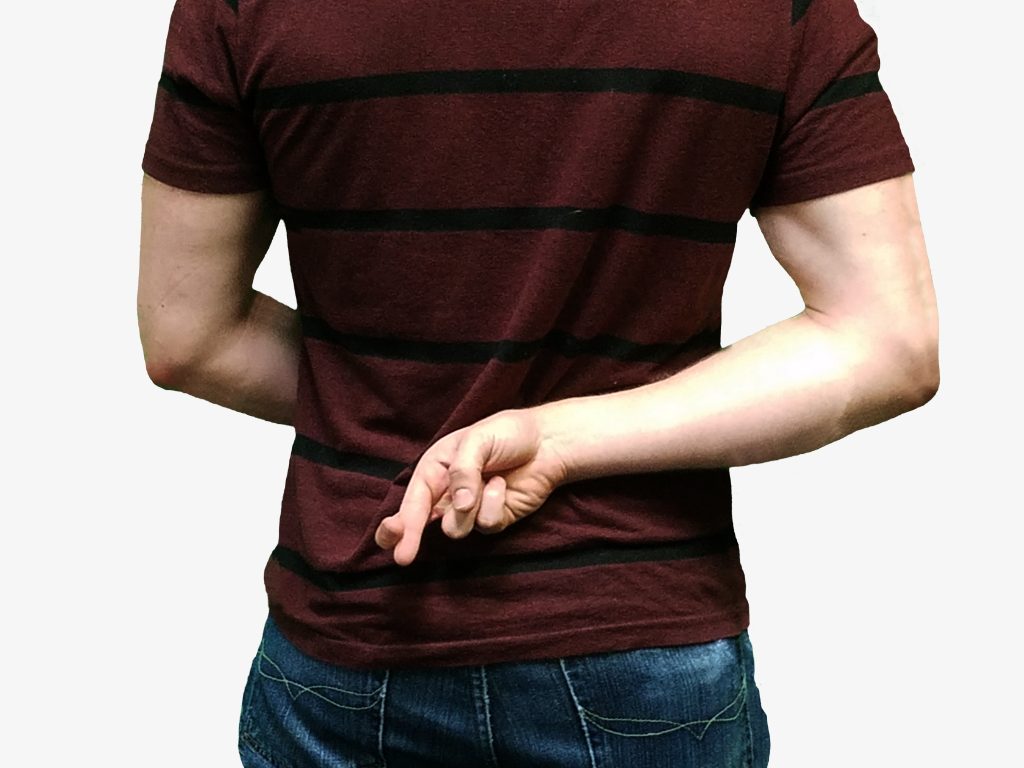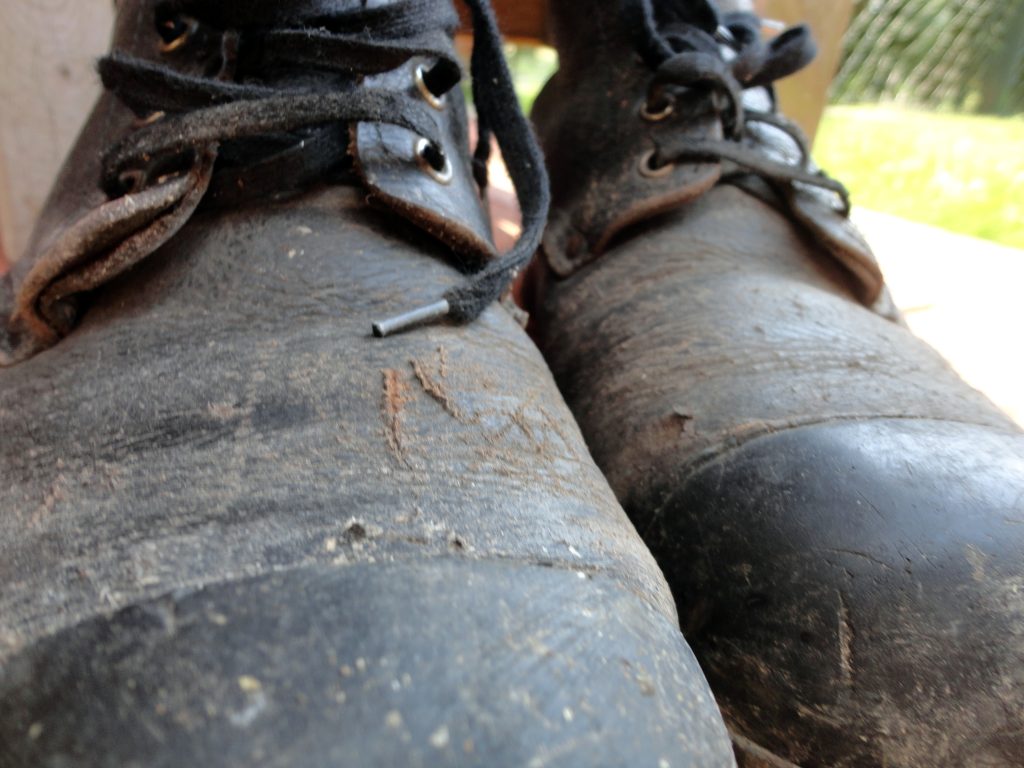 What are the consequences of lying in a workers’ compensation claim? They can be harsh, as shown in the following lawsuit. Betty Reeder, a Certified Nursing Assistant (CNA) at Hardtner Medical Center, found herself embroiled in a legal battle after suffering an injury on the job. This article examines the details of the lawsuit, delves into the relevant Louisiana workers’ compensation law, and analyses the Appeals Court decision that shaped the outcome.
What are the consequences of lying in a workers’ compensation claim? They can be harsh, as shown in the following lawsuit. Betty Reeder, a Certified Nursing Assistant (CNA) at Hardtner Medical Center, found herself embroiled in a legal battle after suffering an injury on the job. This article examines the details of the lawsuit, delves into the relevant Louisiana workers’ compensation law, and analyses the Appeals Court decision that shaped the outcome.
The chain of events leading to the lawsuit began in January 2013, when Betty Reeder tripped and fell on a wheelchair while performing her duties as a CNA. Following the accident, she received financial and medical support from the Louisiana Hospital Association Workers’ Compensation Interlocal Risk Management Agency through its agent, HSLI. She received weekly payments based on her average weekly wage for over a year, totaling approximately $23,000.
However, the situation took a contentious turn when HSLI accused Reeder of making false statements to obtain compensation. The case went to trial, with Reeder having to forfeit her right to workers’ compensation benefits by violating La.R.S. 23:1208. Faced with the Workers Compensation Judge’s (WCJ) initial ruling against her, Reeder appealed the decision and sought a reconsideration of her case.
 Louisiana Personal Injury Lawyer Blog
Louisiana Personal Injury Lawyer Blog


 In the world of litigation, there are often cases that raise questions about who should be held responsible for damages caused by certain events. Take the recent case of Christopher Blanchard, who claimed damages after his police car was hit by a stolen car. The trial court granted summary judgment in favor of the defendants, GoAuto Insurance Company and its insured, Demetrius J. Hicks, dismissing Blanchard’s claim for damages. The court ruled that Hicks, the vehicle’s owner, was not liable for the damages caused by an unknown thief who stole his truck and crashed it into Blanchard’s police car. To better understand how this came about, let us examine the facts and legal arguments of the case and explore the court’s reasoning for upholding the verdict.
In the world of litigation, there are often cases that raise questions about who should be held responsible for damages caused by certain events. Take the recent case of Christopher Blanchard, who claimed damages after his police car was hit by a stolen car. The trial court granted summary judgment in favor of the defendants, GoAuto Insurance Company and its insured, Demetrius J. Hicks, dismissing Blanchard’s claim for damages. The court ruled that Hicks, the vehicle’s owner, was not liable for the damages caused by an unknown thief who stole his truck and crashed it into Blanchard’s police car. To better understand how this came about, let us examine the facts and legal arguments of the case and explore the court’s reasoning for upholding the verdict. Licensed and professional commercial truck drivers usually carry heavy materials on their journey. Keeping these materials secured for any type of roadway issue is paramount. But what happens when these large trucks roll over and you think the weight shift was due to faulty or improper packaging? The Fifth Circuit Court of Appeals addresses the question as to whether there is enough evidence to bring a claim for a packaging malfunction that leaves you injured.
Licensed and professional commercial truck drivers usually carry heavy materials on their journey. Keeping these materials secured for any type of roadway issue is paramount. But what happens when these large trucks roll over and you think the weight shift was due to faulty or improper packaging? The Fifth Circuit Court of Appeals addresses the question as to whether there is enough evidence to bring a claim for a packaging malfunction that leaves you injured. What happens when a final judgment from a court lacks precise language as to the damages you should be awarded? The First Circuit Court of Appeals answers this question and explains the importance of precision and certainty in all civil case language.
What happens when a final judgment from a court lacks precise language as to the damages you should be awarded? The First Circuit Court of Appeals answers this question and explains the importance of precision and certainty in all civil case language. Horse races represent a lot of things: money, power, competition. The outcomes of races matter a lot to those involved, and debates about those races can be pretty contentious, even getting to court. When a back-and-forth about the rightful winner of a horse race makes it to the Second Circuit Court of Appeals, how does the court deal with this unique and specific area of law?
Horse races represent a lot of things: money, power, competition. The outcomes of races matter a lot to those involved, and debates about those races can be pretty contentious, even getting to court. When a back-and-forth about the rightful winner of a horse race makes it to the Second Circuit Court of Appeals, how does the court deal with this unique and specific area of law? The discovery process of litigation is vital to a well-informed judgment rendered by the court. But discovery can be halted, disrupted, or dismantled by various motions. Finding and gathering all the necessary information in a lawsuit is incredibly important for all sides. Still, it requires showing a need for that information and the presence of facts in dispute. Identifying and presenting disputed facts of a case is necessary to help protect your case from a summary judgment dismissal.
The discovery process of litigation is vital to a well-informed judgment rendered by the court. But discovery can be halted, disrupted, or dismantled by various motions. Finding and gathering all the necessary information in a lawsuit is incredibly important for all sides. Still, it requires showing a need for that information and the presence of facts in dispute. Identifying and presenting disputed facts of a case is necessary to help protect your case from a summary judgment dismissal.  Owning property is not easy, especially when you have to share ownership with multiple individuals. Co-ownership can present challenging issues, especially when one owner wants to make renovations or sell the property. This case examines a dispute among family members involving property in the Parish of St. Bernard in Louisiana.
Owning property is not easy, especially when you have to share ownership with multiple individuals. Co-ownership can present challenging issues, especially when one owner wants to make renovations or sell the property. This case examines a dispute among family members involving property in the Parish of St. Bernard in Louisiana.  In the face of the profound loss that accompanies the passing of a family member, the impact can be particularly agonizing when that loss follows the anticipation of medical intervention, such as a transplant. The immediate inclination might be to explore legal avenues through a medical malpractice claim, yet the determination of whether negligence played a role can be an intricate matter for the average individual. This Louisiana case shows how important it can be to obtain expert testimony to help show malpractice occurred.
In the face of the profound loss that accompanies the passing of a family member, the impact can be particularly agonizing when that loss follows the anticipation of medical intervention, such as a transplant. The immediate inclination might be to explore legal avenues through a medical malpractice claim, yet the determination of whether negligence played a role can be an intricate matter for the average individual. This Louisiana case shows how important it can be to obtain expert testimony to help show malpractice occurred.  Imagine waking up one day and finding yourself out of a job simply because you are pregnant. This was the reality for Eryon Luke, as she claimed that her former employer, CPlace Forest Park SNF, LLC, fired her due to her pregnancy. This case, which attracted significant attention in legal circles, presents a deep dive into pregnancy discrimination lawsuits, exploring the application of state and federal laws and their impact on the employer-employee relationship.
Imagine waking up one day and finding yourself out of a job simply because you are pregnant. This was the reality for Eryon Luke, as she claimed that her former employer, CPlace Forest Park SNF, LLC, fired her due to her pregnancy. This case, which attracted significant attention in legal circles, presents a deep dive into pregnancy discrimination lawsuits, exploring the application of state and federal laws and their impact on the employer-employee relationship. Should an employer continue to pay for work-related injuries even after an employee has “fully recovered”? At issue is a decision that terminated an employee’s entitlement to certain benefits. After the employee suffered a work-related injury and received temporary total disability benefits, her former employer, The Walgreen Company, filed a motion to modify the judgment. This led to litigation and a subsequent appeal.
Should an employer continue to pay for work-related injuries even after an employee has “fully recovered”? At issue is a decision that terminated an employee’s entitlement to certain benefits. After the employee suffered a work-related injury and received temporary total disability benefits, her former employer, The Walgreen Company, filed a motion to modify the judgment. This led to litigation and a subsequent appeal.